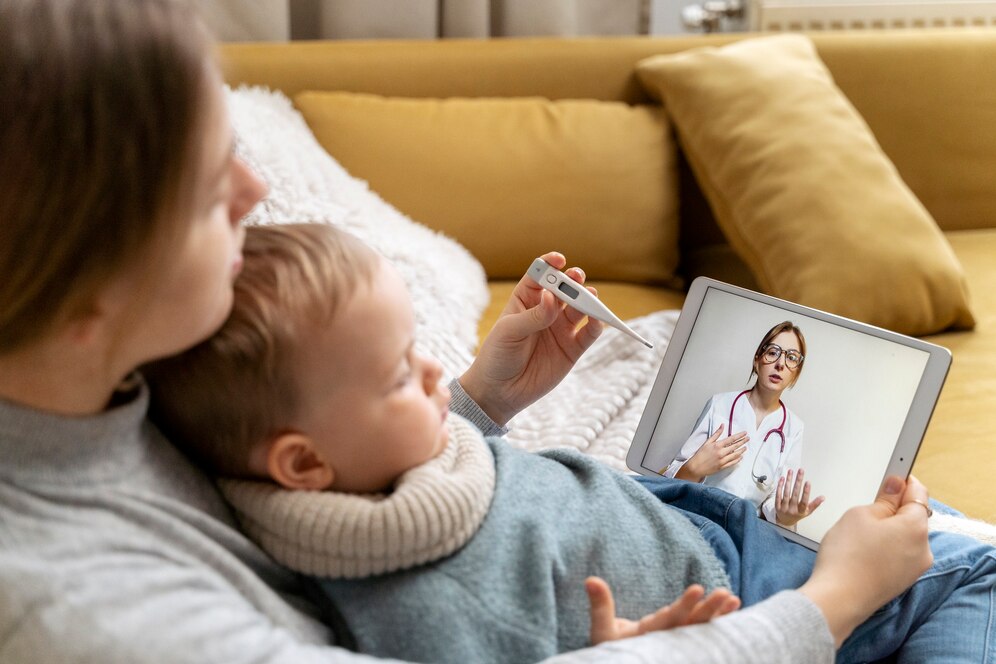Green Parenting: Choosing Safe, Sustainable Products

In today’s world, many parents are becoming increasingly aware of the impact their choices have on the environment. Green parenting emphasizes making safe and sustainable decisions that not only benefit your child but also protect the planet for future generations. When it comes to infant health, selecting eco-friendly products is crucial. Here are some essential considerations for parents looking to adopt a greener lifestyle for their little ones.
Understanding the Importance of Green Parenting
Green parenting is more than just a trend; it is a lifestyle choice aimed at promoting health and sustainability. Infants are particularly vulnerable to harmful chemicals found in many conventional products, including baby food, clothing, and toys. By choosing safer alternatives, parents can reduce their child’s exposure to toxins while also minimizing environmental harm.
Safe Baby Products: What to Look For
- Organic Clothing and Bedding
Opt for organic cotton clothing and bedding free from harmful pesticides and synthetic dyes. Conventional cotton production often involves toxic chemicals that can irritate a baby’s sensitive skin. Look for certifications like GOTS (Global Organic Textile Standard) to ensure the products meet high environmental and social criteria. - Non-Toxic Toys
When choosing toys, prioritize non-toxic, BPA-free materials. Many traditional toys contain phthalates and lead, which can pose serious health risks to infants. Consider wooden toys made from sustainably sourced materials or fabric toys dyed with natural colors. - Eco-Friendly Diapers
The diaper industry has a significant environmental footprint due to the plastic and waste generated by disposable diapers. Consider cloth diapers or eco-friendly disposables made from biodegradable materials. Cloth diapers are not only better for the environment but also can save money in the long run.
Sustainable Feeding Choices
- Organic Baby Food
If you choose to feed your baby store-bought baby food, select organic options. Non-organic baby foods may contain pesticides and additives that can impact your child’s health. Alternatively, consider making homemade baby food using organic fruits and vegetables, allowing you to control the ingredients and reduce packaging waste. - Bamboo Baby Utensils
Invest in bamboo utensils and dishware for your little one. Bamboo is a sustainable material that is biodegradable and naturally antimicrobial, making it a safe choice for your baby’s feeding needs.
Green Parenting Practices
- Gentle Cleaning Products
When it comes to cleaning your home, use eco-friendly products that are safe for infants. Many commercial cleaning agents contain harmful chemicals that can linger in the air and surfaces. Look for biodegradable and non-toxic cleaning solutions, or make your own using vinegar and baking soda. - Natural Skincare
Choose skincare products for your baby that are free from synthetic fragrances, parabens, and sulfates. Opt for organic coconut oil or shea butter for moisturizing and protecting your baby’s delicate skin. - Minimizing Waste
Practice waste reduction by using reusable items whenever possible. Invest in cloth wipes, reusable snack bags, and other sustainable alternatives to reduce single-use plastic waste.
Final Thoughts
Green parenting is a proactive approach that emphasizes the health of both your child and the planet. By choosing safe, sustainable products for your infant, you not only create a healthier home environment but also contribute to a more sustainable future. As parents, we have the power to shape the world for our children—making mindful choices today can lead to a healthier tomorrow for generations to come. Start small, and gradually incorporate eco-friendly practices into your daily routine. Every little step counts in the journey towards greener parenting!




